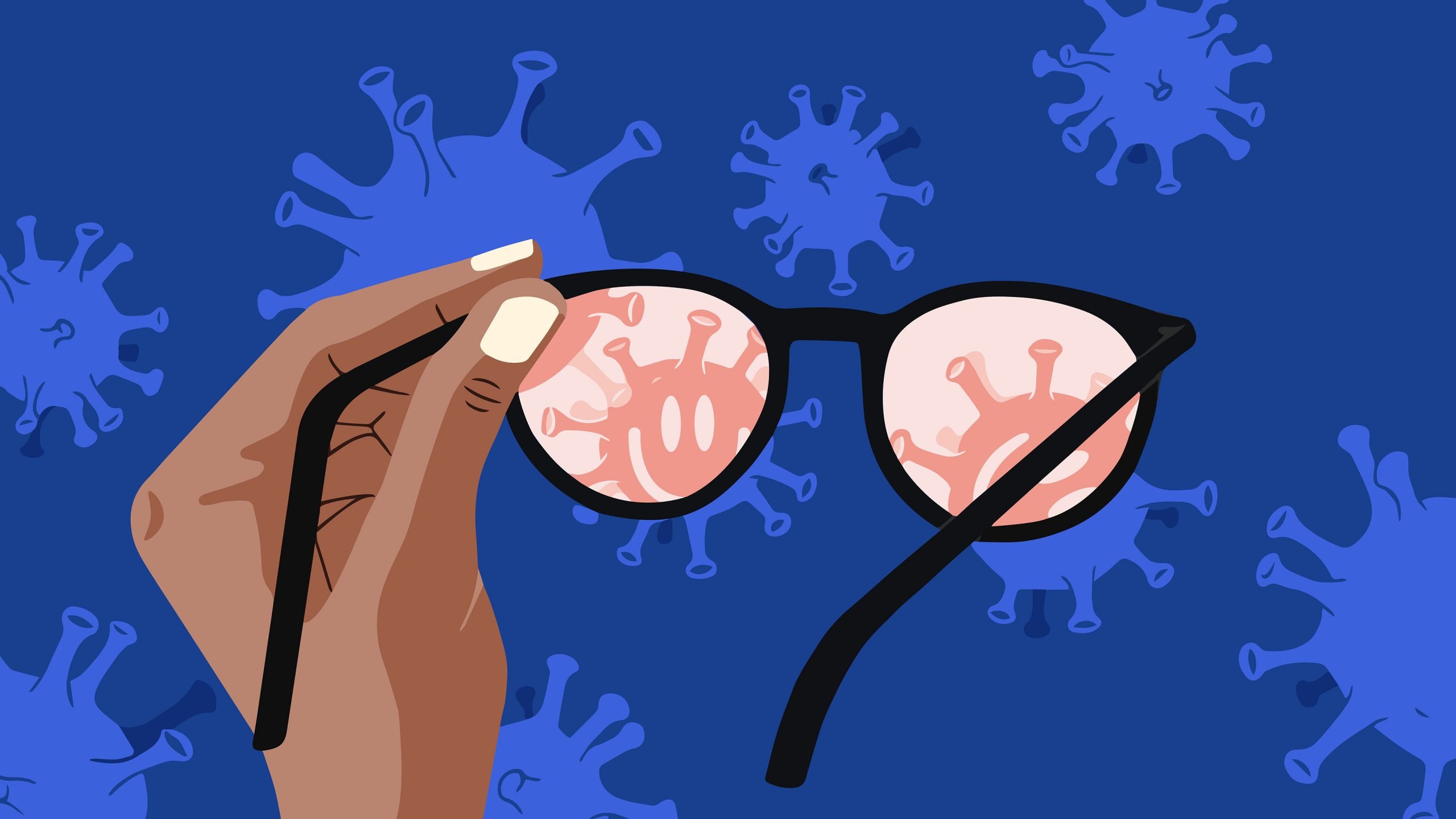NAVIGAȚI DUPĂ ORIGINEA ATITUDINALĂ
Există 11 origini atitudinale în care pot fi încadrate convingerile eronate. Selectați o origine atitudinală de mai jos pentru a afla mai multe și pentru a parcurge temele.
Gândirea conspiraționistă
Este o conspirație!
In general, conspiracy theories tend to become more prominent when people feel threatened or fear a loss of control, because the theories allow people to cope with threatening events by focusing blame on a set of presumed conspirators....
Neîncredere
Nu am încredere!
One of the strongest predictors of vaccine hesitancy is people’s general mistrust of authorities, pharmaceutical companies, scientists, the medical “establishment”, and scientific research methods and findings...
Preocupări religioase
Este un păcat!
No major faith explicitly opposes vaccinations. On the contrary, all major faiths in the U.K. have urged their followers to get vaccinated against COVID-19. Nonetheless, several concerns about vaccinations have been identified that arise from religious considerations. These concerns can be divided into four groups....
Viziune mondială și politică
Nu așa văd eu lucrurile!
Political leanings are a known driver of people’s attitudes towards scientific findings that are politically charged. A large body of research has established that people with right-wing political views are presently more likely to reject scientific findings than people on the left. This association varies in magnitude from small to substantial depending on the domain....
Credințe nejustificate
Există Metode Mai Bune!
Some people will reject vaccinations based on unwarranted beliefs, for example the claim that the body has a “natural healing potential” or that “natural” is always better, which may lead people to believe that suffering a “natural” disease in order to achieve subsequent immunity is preferable to being vaccinated...
Frica și fobiile
Este înfricoșător!
Vaccination fears, which tend to be disproportionate to actual risks, are usually of two types. One type involves fears related to suffering side effects, whether plausible or implausible, such as autism, cancer, autoimmune diseases, neurodevelopmental disorders or even death...
Preocupări morale
Este imoral!
Some people may feel that vaccines are contrary to their moral stance. This is likely when individuals perceive vaccinations as promoting immoral behaviour or as being developed using immoral means. Several studies have found that moral values play a role in vaccine opposition....
Reactanță
Este alegerea mea!
Reactance is a well-known psychological construct which describes an individual's tendency to defend their autonomy when they perceive that others are trying to impose their will on them. Individuals considered to have high reactance may respond to any health advice as an infringement on their ability to choose an action for themselves. High reactance has been consistently associated with vaccine hesitancy...
Percepția distorsionată a riscului
Nu merită!
People often have a distorted perception of the risk from a disease, either to themselves or to others. Specifically, people may perceive that a disease is of low or inconsequential risk, and this motivates their belief that vaccination is unnecessary or that the drawbacks outweigh the benefits...
Percepția interesului personal
Este pentru alții!
Getting vaccinated is a prosocial act because it offers protection not only to the person who is vaccinated, but also to the community as a whole because every vaccination contributes to herd immunity. However, if nearly everyone gets vaccinated so that herd immunity is achieved, then it is possible for an individual to decide against vaccination and to “free ride” on others in the community who are vaccinated...
Relativismul epistemic
Nu este adevărul meu!
Epistemic relativism is a philosophical view which holds that scientific “facts” are products of social conventions and frameworks of assessment (e.g., historical contexts, social and cultural norms, and individual standards). According to strict relativists, there can be no framework-independent point of view from which we can obtain objective knowledge...











